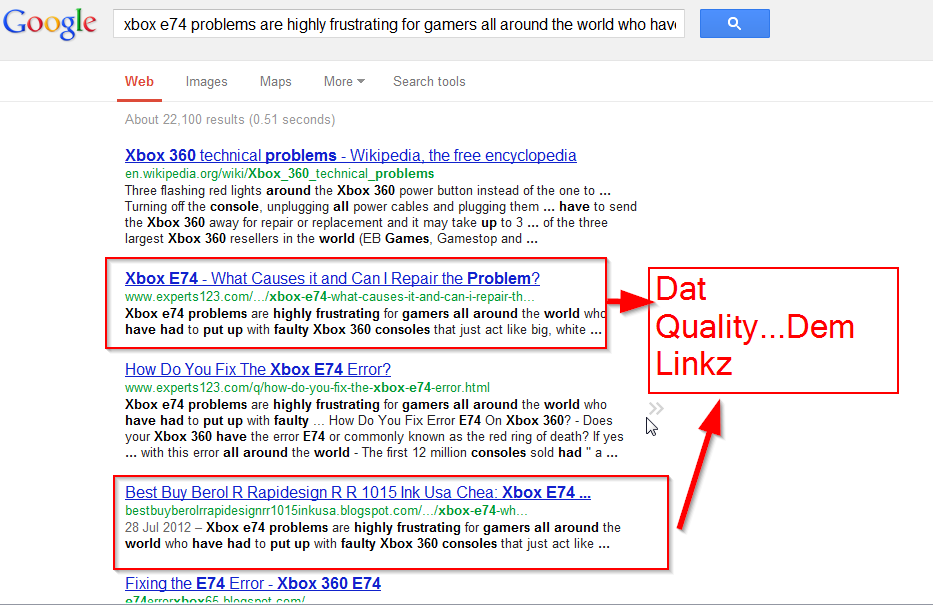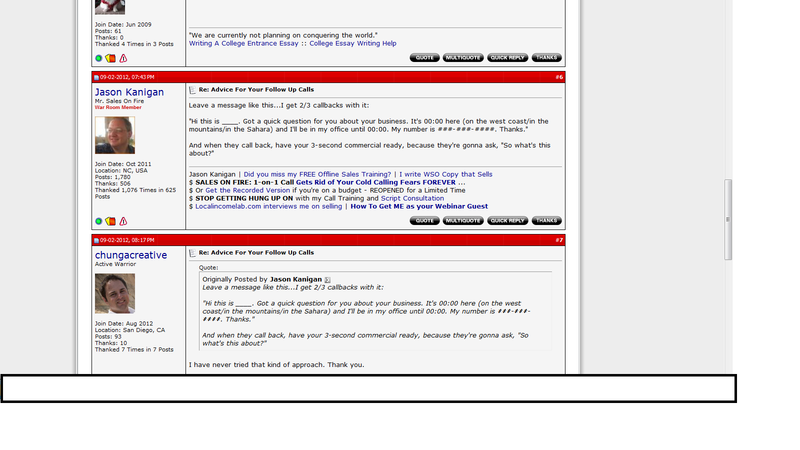Ranking High in the Search Engines with Optimal Keyword Density
Every webmaster and blogger wants high search engine rankings. There is nothing more satisfying than opening up your web analytics dashboard in the morning and seeing a massive wave of organic traffic that has come from highly-ranked keywords. However, this is something that many will never have the privilege of experiencing, as most websites never rank well. In this article you are going to learn one of the most powerful secrets for attaining high search engine rankings. By optimizing the keyword density of your content, you will achieve higher search rankings and drive more targeted traffic to your pages.
Keyword density is the percentage measure of how many times a keyword (Internet marketing jargon for a particular phrase, such as “how to train a puppy”) appears on a given page. For example, if there are 100 words on a page and the keyword “how to train a puppy” appears twice, then the keyword density would be 2%. Keyword density is a crucial metric for measuring the relevancy of your web page or site compared with any given search term. If the keyword density of your page is too low, then it is likely that Google will see your page as being irrelevant for someone searching that keyword. However, if you make the mistake of trying to stuff a keyword phrase into a page too many times in order to artificially inflate its keyword density, then you could be punished for attempting to spam your way up the search engine rankings. Excessive keywords can also dissuade readers from remaining on your site by making your content unpleasant to read.
Therefore, achieving an optimal keyword density is critical for achieving high search engine rankings. You want to make the keyword of your page clear to any search engine crawler that visits, but at the same time ensure that it flows naturally for a human reader. If you can do this successfully, then you will have the best possible keyword density and also see the greatest return on your effort. Most SEO experts agree that you should aim for around 3-5% keyword density, so you should bear this figure in mind when writing your content. If you outsource article writing, then you should instruct your writer to aim for that all-important figure as well.
Maintaining the right keyword density is not always an easy task; it can be tempting to try and cram extra keywords into your articles and blog posts in the hope that you can get them to rank higher. However, this is counter-productive and could serve to worsen your rankings and organic search traffic in the long run. Instead you should focus on writing great content that engages your readers and keeps them on your site; just remember to ensure your main keyword constitutes no more than 3-4% of the total on-page content. For example, if your keyword is “conversational hypnosis” then you would use this a few times throughout a 1000 word article. And when linking back to that page, don’t be afraid to use naked URL or brand-anchor links as well … not every link you make back to your page should be exactly matching the keyword you want to rank that page for. An example of a naked URL link is www.thepowerofconversationalhypnosis.net – as opposed to linking “the power of conversational hypnosis”.
With the right approach and attitude towards creating exceptional web content you can get great rankings in Google and other leading search engines.
You can learn a whole lot more about optimal keyword density in Mark Ling’s AffiloBlueprint course, which is pretty much the authority on all things SEO.




@Holla Sa!!
I am using a keyword density of 2% on my blog do you think i am on right path?Do i need any improvement as some other bloggers suggested me to keep the density around 5%.Please help me i am confused
Regards
Mia
Hi Mia,
I think around the 2% mark is ideal. TBH Google is getting smarter and smarter at working out what a page is about in a contextual sense. So don’t worry too much about cramming a five word long-tail keyword into your page exactly at a ratio of exactly 2%.
Instead focus on making your content “linkable” and then doing outreach or broken link building for that content.
Sam